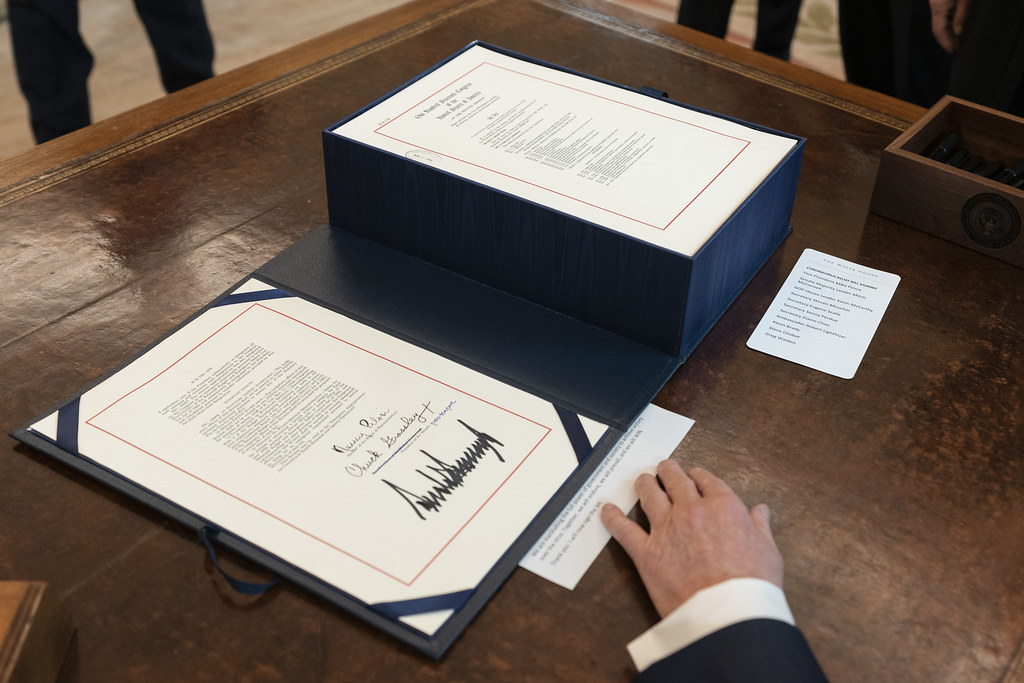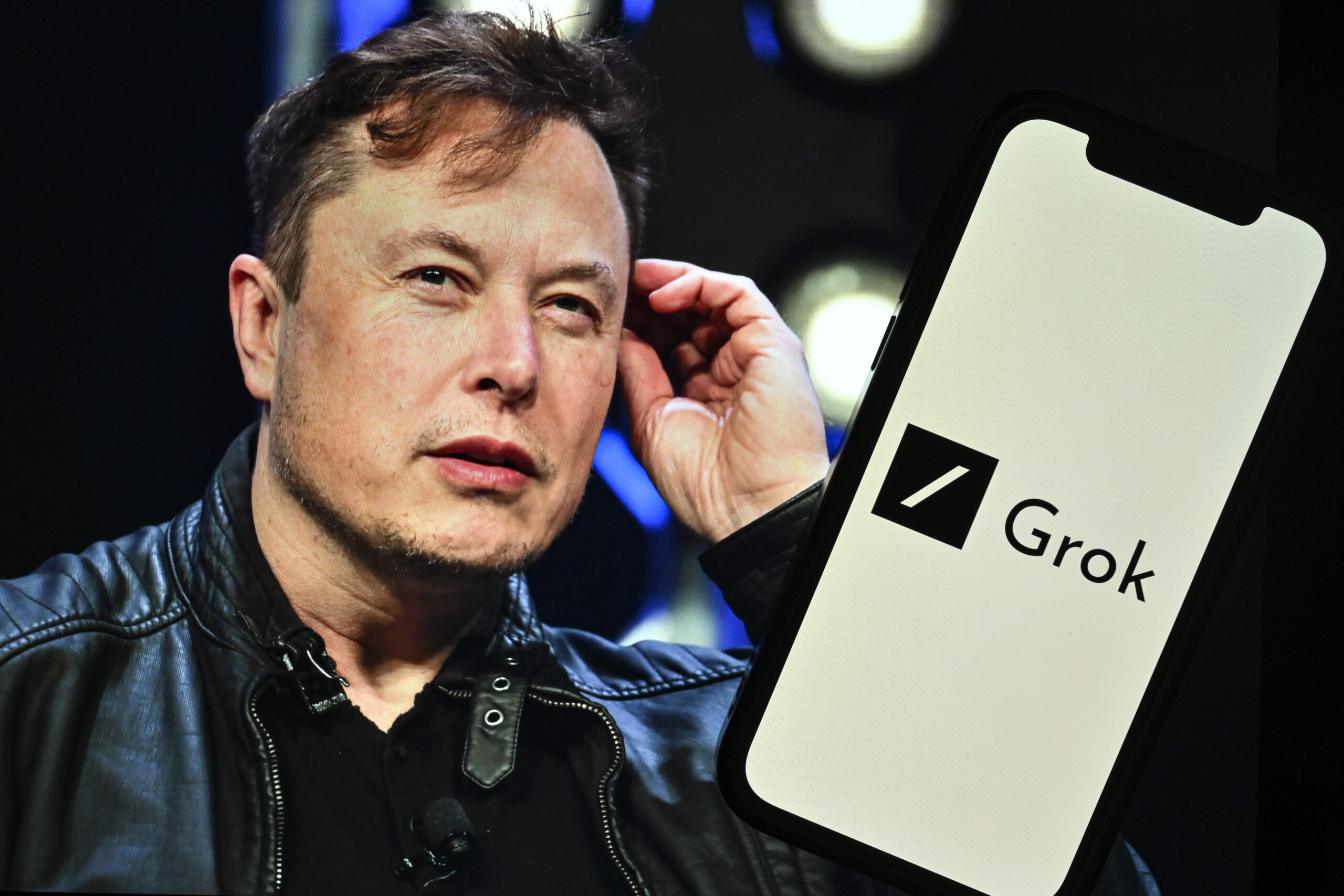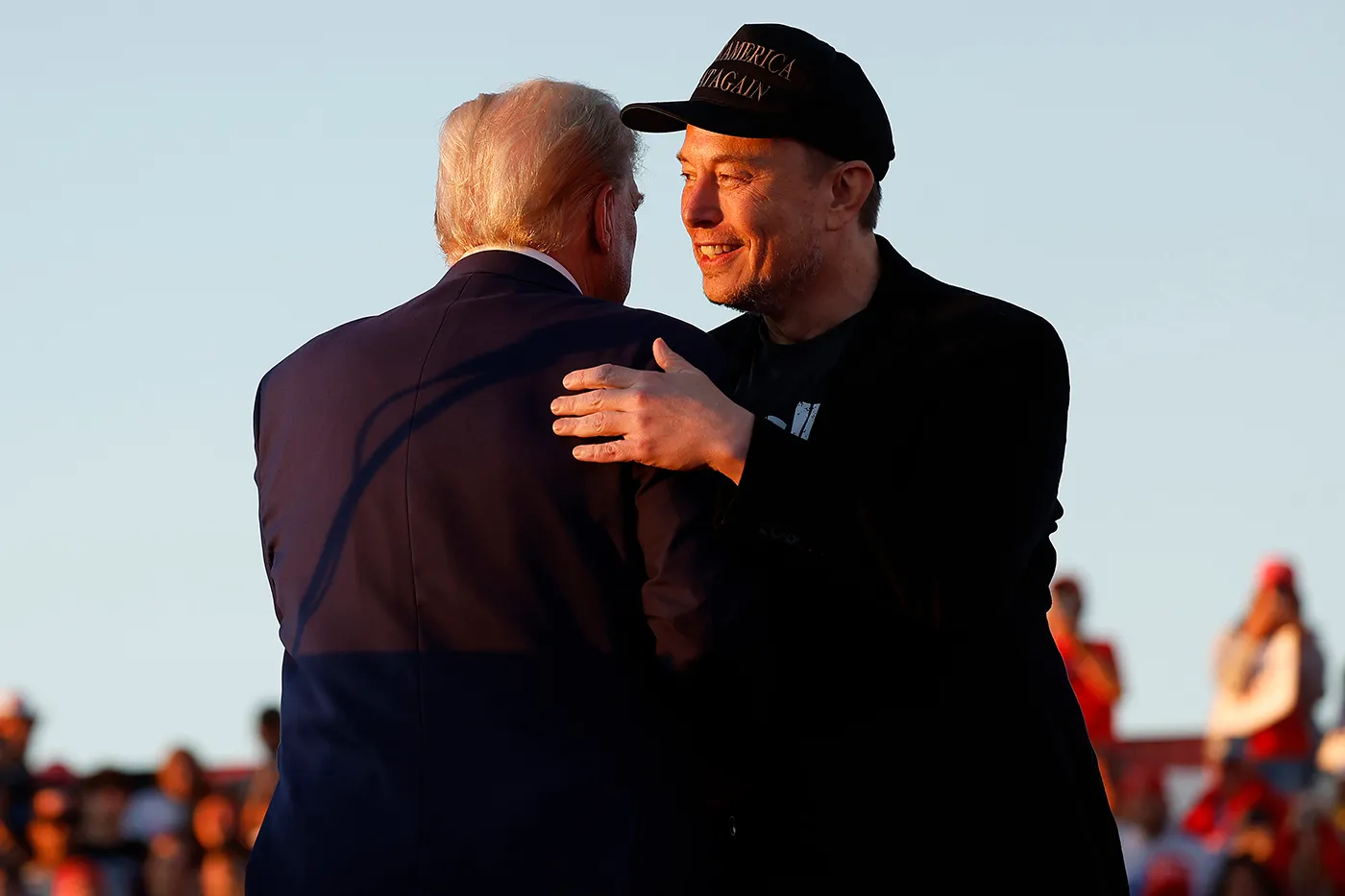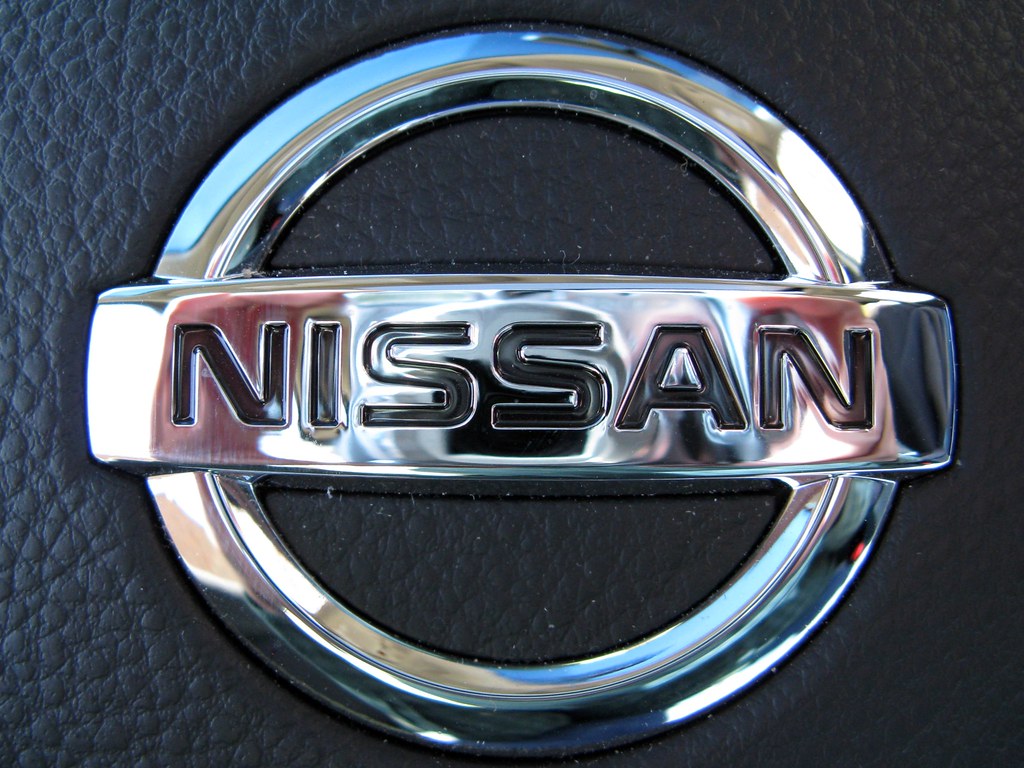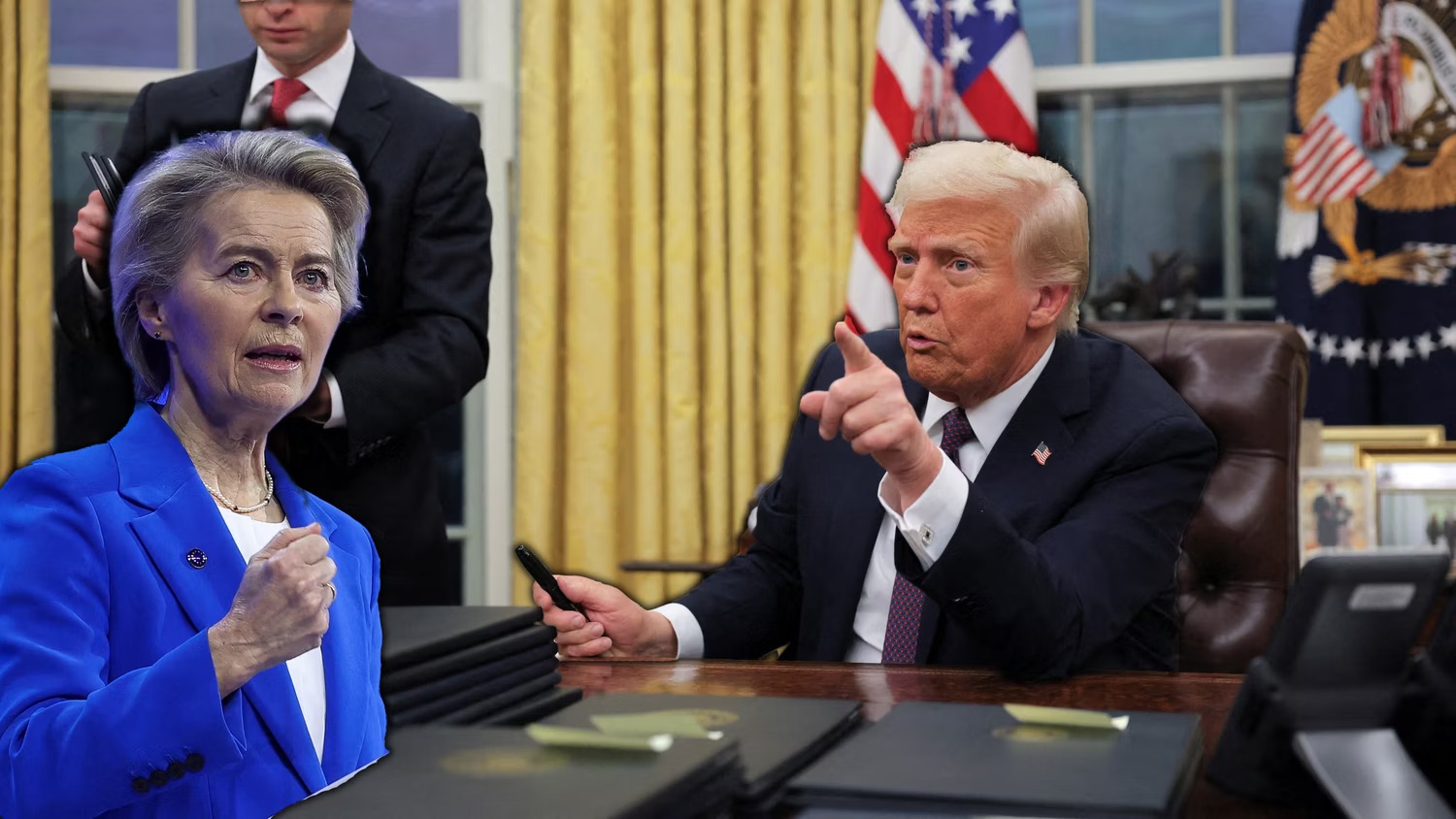Elon Musk, the high-profile CEO of Tesla, SpaceX, and xAI, has publicly aligned with Donald Trump’s campaign, bringing his wealth, influence, and online presence on X (formerly Twitter) to bear on the election’s outcome.
Now, with Trump as the president-elect, Musk’s support may yield considerable influence, as Trump has promised him a new position within the government.
Dubbed the Department of Government Efficiency, or “DOGE,” this department would task Musk with cutting federal spending and streamlining processes across various agencies, potentially giving him significant sway over regulatory and spending decisions.
Department of Government Efficiency
Musk, known for his efficiency-driven approach at Tesla, is expected to apply similar principles to his government role, should DOGE become a reality. At Tesla, Musk prioritizes “innovation through subtraction” by simplifying problems, questioning all requirements, and automating workflows, according to Jon McNeill, a former Tesla executive.
In this potential new role, Musk would oversee a “complete financial and performance audit” of the federal government, as Trump stated during a speech at the Economic Club of New York. Musk shared his intention to reduce duplicative roles across federal agencies and suggested transitioning displaced employees to private-sector roles, with a proposal to offer two years of pay to assist in their job searches.
During Trump’s victory celebration at Mar-a-Lago, Musk noted he’d like to implement term limits for government bureaucrats, adding, “There’s a lot of people that work for the government that we just need to transition them to more productive roles in the private sector.”
Tesla
Despite Trump’s criticisms of electric vehicles, Musk’s Tesla could see benefits from the new administration’s policies. Trump plans to repeal the Inflation Reduction Act, which funds EV subsidies and tax credits that have driven growth in the EV market. While Tesla has benefited from these credits, the company’s scale could give it an advantage if they’re removed, leaving smaller competitors struggling to keep up without government support.
Wedbush analyst Dan Ives suggests that Tesla’s established position in the EV market would allow it to stay competitive, even in a post-subsidy environment. Trump’s EV policies, while posing challenges for some, might ultimately reinforce Tesla’s dominance in the market. This shift could reshape the landscape of the EV industry in the US.
Tesla’s involvement in the National Electric Vehicle Infrastructure (NEVI) program is another area where Trump’s policies could have an impact. NEVI, a federal initiative funding EV charging stations across the country, has been a significant support for Tesla’s charging network, with Tesla receiving about 14 percent of NEVI’s funds. Musk, however, has expressed doubts about the program’s effectiveness. Should Musk influence government policy through DOGE, he may advocate for changes to NEVI, potentially affecting Tesla’s position in the EV charging market by scaling back federal support and reducing competition.
Additionally, Trump’s proposed trade tariffs on Chinese imports could impact Tesla’s competition, potentially restricting lower-cost electric vehicles from Chinese brands like BYD and Nio. This would help Tesla protect its market share in the US and could offer a strategic advantage in a competitive EV market.
SpaceX
SpaceX, Musk’s private space exploration venture, may stand to gain substantial support under Trump’s administration. During his first term, Trump created the US Space Force and reestablished the National Space Council, signaling his commitment to American-led space initiatives. This time, Trump has publicly backed Musk’s Mars ambitions, suggesting that he would like to see an American astronaut reach Mars before the end of his term.
Musk has set a timeline for SpaceX’s first uncrewed mission to Mars by 2026, aligning with Trump’s own ambitions for American space exploration. This support could ease some regulatory restrictions for SpaceX, particularly with the FAA, which Musk has criticized for slowing commercial launch approvals. If DOGE streamlines these processes, SpaceX may find it easier to meet its ambitious timeline for Mars missions.
X
Musk’s social media platform, X (formerly Twitter), could also see changes in a Trump administration. Since Musk took over, more than 200 major advertisers, including Apple and Disney, have paused their spending on X due to concerns over platform content. Musk has speculated that Trump’s election win might reverse this trend, possibly bringing advertisers back to the platform.
In addition to advertising challenges, X has been under scrutiny by the Federal Trade Commission (FTC) for privacy practices. FTC chair Lina Khan, a known critic of Musk’s business practices, has pursued several investigations into X. Musk has expressed optimism that Trump’s administration may replace Khan, potentially easing regulatory pressure on X. A new FTC leadership could alter how the platform is managed and regulated.
xAI
Trump’s stance on artificial intelligence regulation may offer opportunities for Musk’s AI company, xAI. Experts expect Trump to take a light-touch approach to regulating emerging technologies, avoiding new AI-specific laws in favor of existing legislation. This could provide xAI with more freedom to expand, especially as the company has recently raised substantial funding and achieved a $40 billion valuation.
Higher tariffs on Chinese imports could also impact xAI’s access to AI hardware, which is essential for developing advanced AI systems. These restrictions could provide a more favorable environment for Musk’s AI venture, reducing foreign competition and supporting xAI’s growth in a protected market environment.
Challenges Ahead for Musk and Trump’s Alliance
While Musk and Trump currently appear aligned, their partnership may face challenges over time. Musk distanced himself from Trump’s administration during his first term after the US withdrew from the Paris climate accord, a move that conflicted with Musk’s support for renewable energy.
With EVs now a mainstream part of the auto industry and climate change a growing concern, their alliance could become more complex. As Musk gains influence in Trump’s administration, this partnership could have a profound impact on US policy, particularly in the EV, space, and AI sectors. The dynamics of their relationship will be key to watch as Trump takes office.


